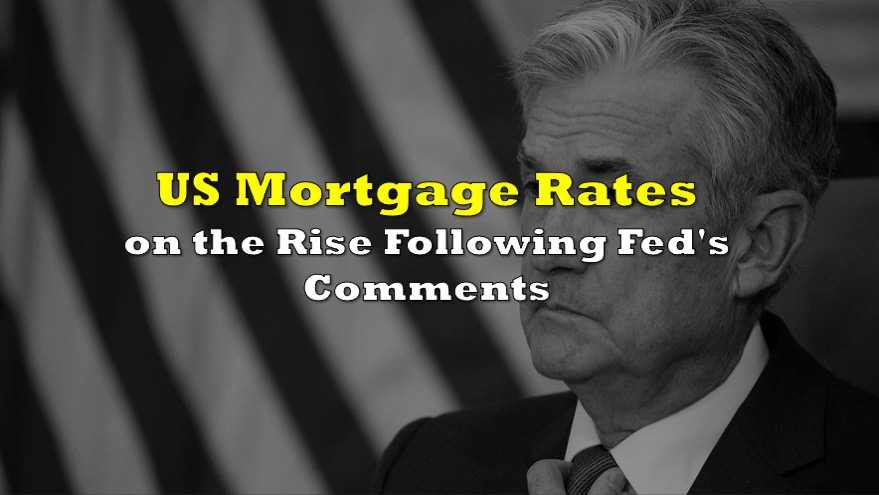Canada’s housing market has remained strongly robust since the onset of the pandemic, with record-low interest rates and shifting consumer preferences for more spacious accommodations fueling real estate activity to new highs.
With the housing market defying the economic downturn, the CMHC has repeatedly warned that what goes up must come down, and that housing prices will fall anywhere between 9% and 18% from pre-pandemic levels before the end of 2021. Despite CMHC’s warning, however, the final month of the year finished off on a strong note, with benchmark home prices exceeding year-ago levels by 13.1%, and average house prices across the country reaching $607,280— the highest on record for December.

Nonetheless, the CMHC recently published results from its risk assessments, which although not serving as predictions or forecasts regarding the upcoming state of the housing market, do provide a glimpse of the worst-case scenario amid the pandemic. The risk assessments suggest that in the event of a W-shaped economic recovery in the absence of government support, housing prices could drop by almost 50%, while peak unemployment soars to 25%.
Conversely, with the aid of government support during a potential W-shaped recovery where much of the severity would be abated, home prices could fall by approximately 32%, with the unemployment rate rising to 24%. However, in the event of a U-shaped recovery, where the recession progressively improves, the housing market would not fare much better. CMHC’s risk assessments propose that under a U-shaped recovery, housing prices would decline by nearly 34%, with peak unemployment reaching almost 15%.
Information for this briefing was found via the CMHC. The author has no securities or affiliations related to this organization. Not a recommendation to buy or sell. Always do additional research and consult a professional before purchasing a security. The author holds no licenses.









